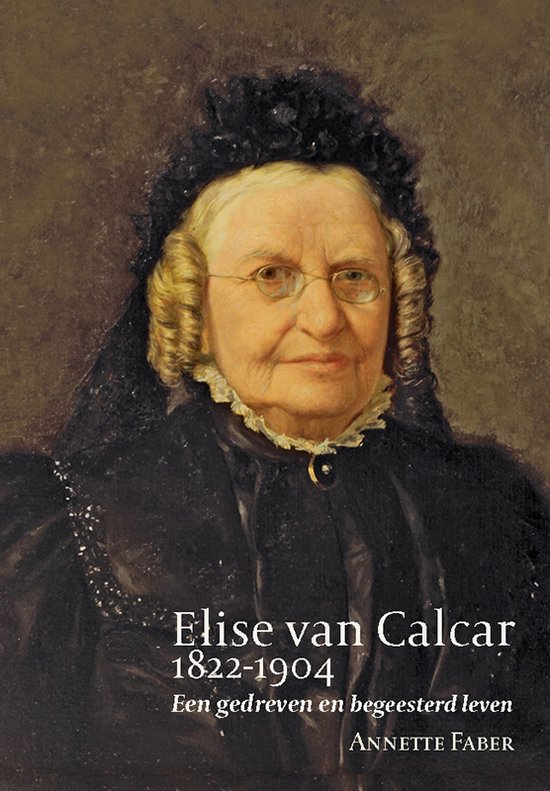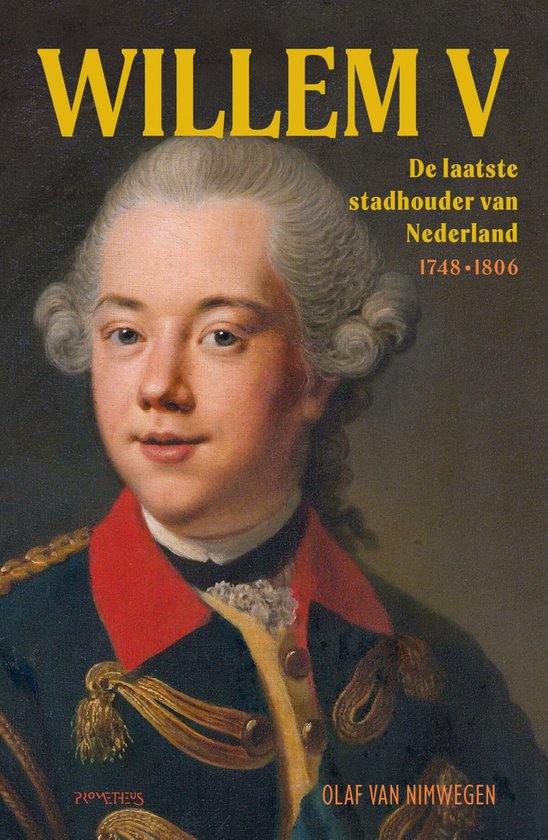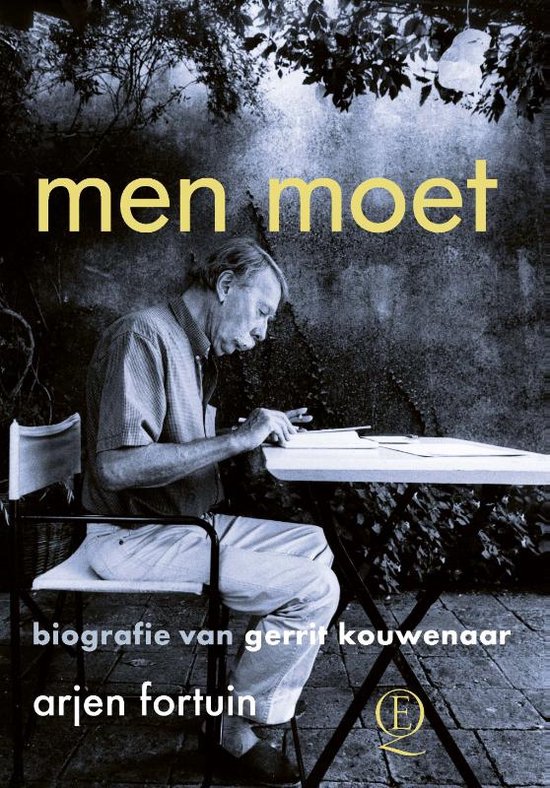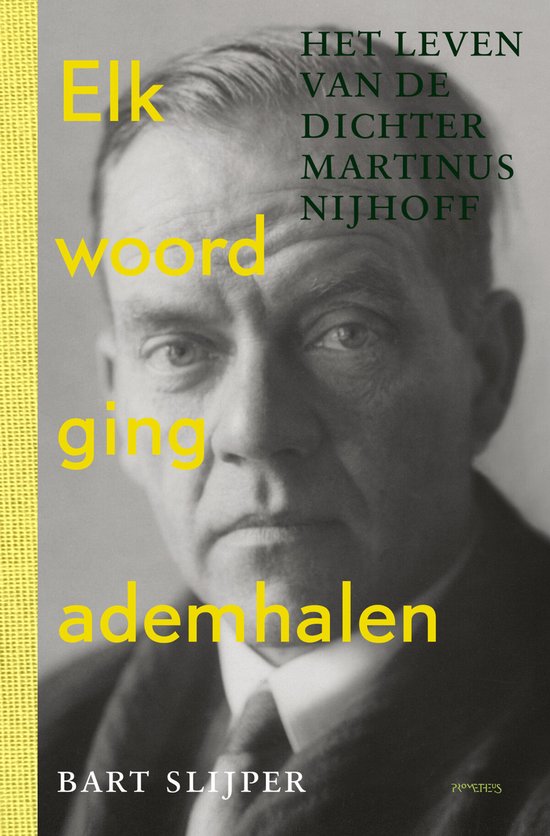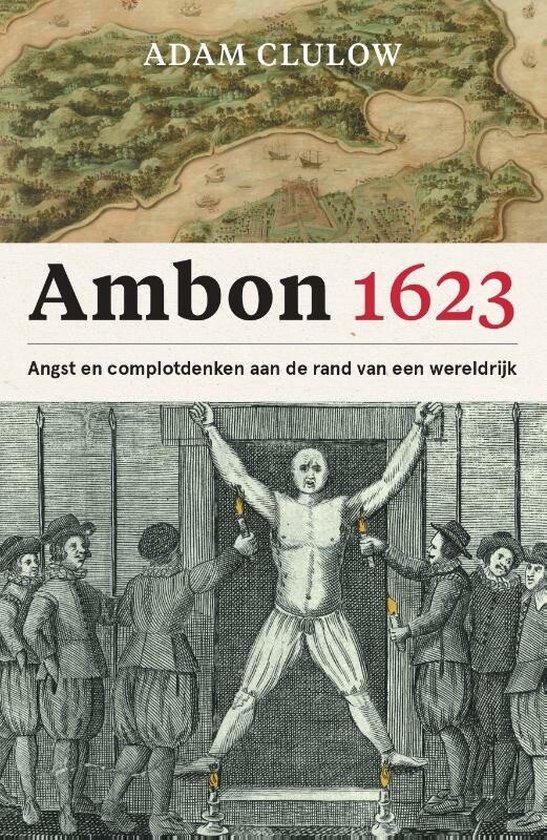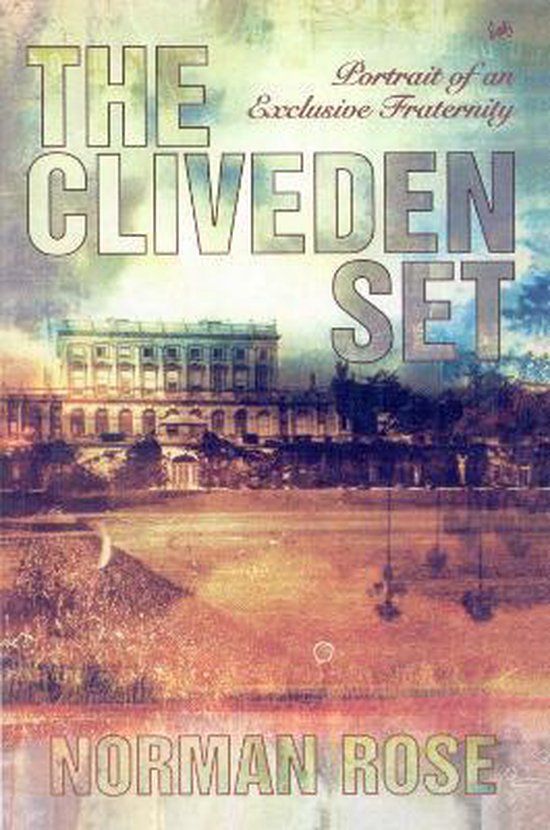
The Cliveden Set
It would use any means, however devious - even negotiate a humiliating, dishonourable settlement with Nazi Germany - to maintain its privileges, those of a decaying ruling class.
Lloyd George once spoke of 'a very powerful combination - in its way the most powerful in the country'. Its proceedings were invariably conducted at Cliveden, the country estate of the fabulously wealthy Nancy and Waldorf Astor. Collectively dubbed 'God's Truth Ltd', the group included leading politicians, academics, writers and newspaper editors. Its pedigree impeccable, its social standing beyond reproach, its persuasive powers permeated the clubs and institutions of London, the senior common rooms of Oxbridge colleges, the quality press and the great country houses of England. Suddenly, in the late 1930s, the 'Cliveden Set' was catapulted into uncalled-for notoriety. It had been identified as a cabal that sought to manipulate, even determine, British foreign policy in order to uphold its narrow class interests. It would use any means, however devious - even negotiate a humiliating, dishonourable settlement with Nazi Germany - to maintain its privileges, those of a decaying ruling class. But was the 'Cliveden Set' a traitorous cabal, challenging 'the constitutional structures of British democracy', or simply an unstructured think-tank of harmless do-gooders? Norman Rose discerningly probes this fascinating tale, brilliantly disentangling fact from fiction, and setting this privileged clique in the wider perspective of its times.
Lloyd George once spoke of 'a very powerful combination - in its way the most powerful in the country'. Its proceedings were invariably conducted at Cliveden, the country estate of the fabulously wealthy Nancy and Waldorf Astor. Collectively dubbed 'God's Truth Ltd', the group included leading politicians, academics, writers and newspaper editors. Its pedigree impeccable, its social standing beyond reproach, its persuasive powers permeated the clubs and institutions of London, the senior common rooms of Oxbridge colleges, the quality press and the great country houses of England. Suddenly, in the late 1930s, the 'Cliveden Set' was catapulted into uncalled-for notoriety. It had been identified as a cabal that sought to manipulate, even determine, British foreign policy in order to uphold its narrow class interests. It would use any means, however devious - even negotiate a humiliating, dishonourable settlement with Nazi Germany - to maintain its privileges, those of a decaying ruling class. But was the 'Cliveden Set' a traitorous cabal, challenging 'the constitutional structures of British democracy', or simply an unstructured think-tank of harmless do-gooders? Norman Rose discerningly probes this fascinating tale, brilliantly disentangling fact from fiction, and setting this privileged clique in the wider perspective of its times.
| Auteur | | Norman Rose |
| Taal | | Engels |
| Type | | Paperback |
| Categorie | | Mens & Maatschappij |
